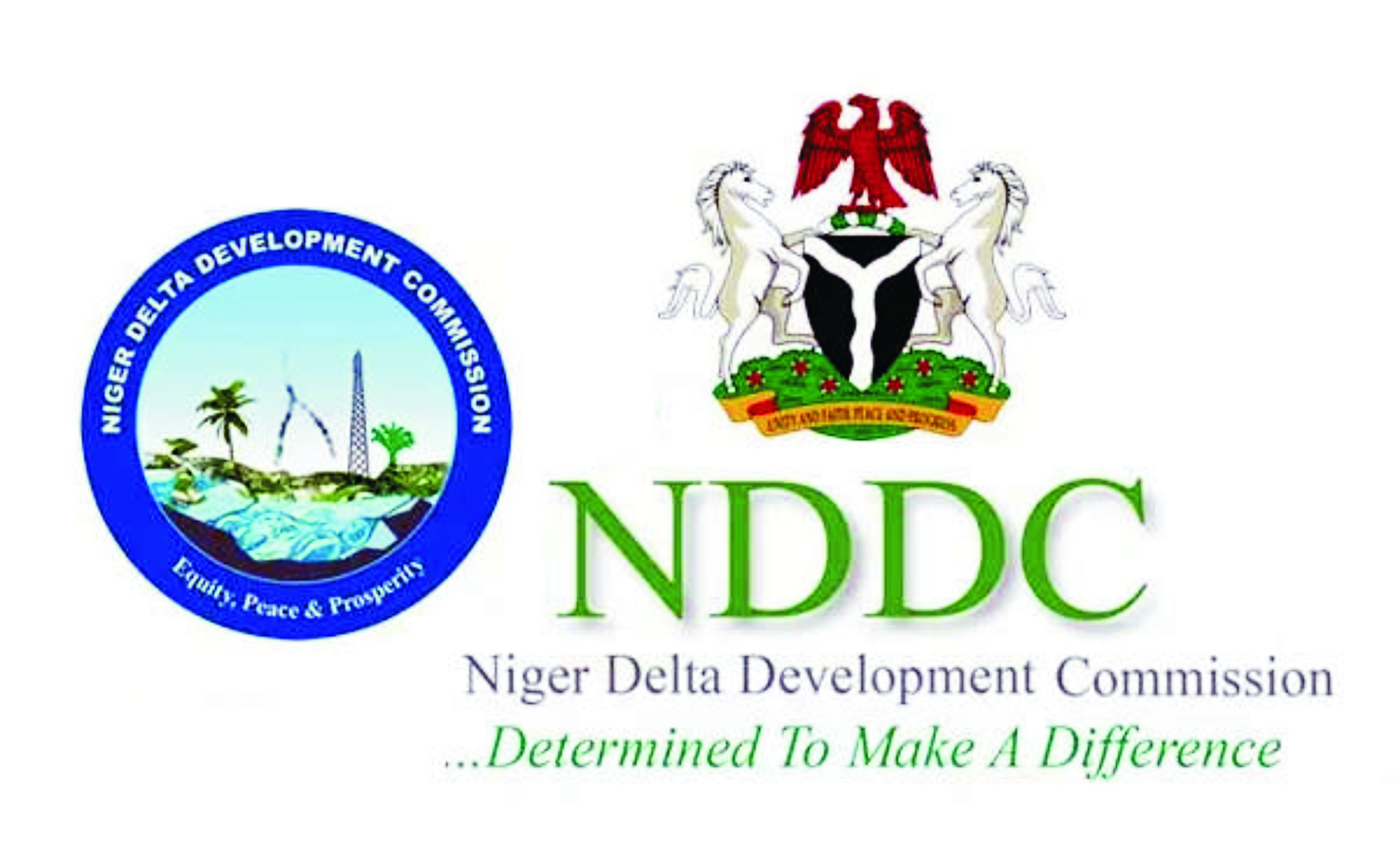Business
Groups Hail FG’s Decision To Probe NDDC

Some non-governmental organisations in Rivers State have hailed President Muhammadu Buhari’s decision to carry out a forensic audit on the activities of the Niger Delta Development Commission (NDDC) from 2001 till date.
The Director-General, Initiative for Change and Development, Mr Ichenwo Glory, while speaking at an event organised by the Nigeria Institute of Management (NIM), in Port Harcourt, at the weekend, said the planned forensic probe was a right step in the right direction.
He said: “Kudos to President Buhari on his decision of a forensic audit on NDDC activities and that is a right step in the right direction”.
Glory noted that the forensic audit would revitalise the commission.
He alleged that politicians were using the NDDC as a platform to compensate their political associates and sponsor political protests, rather than focus on NDDC’s core mandate of developing the Niger Delta region.
According to him, rather than award contracts to capable indigenous and non-indigenous companies, contracts are awarded on grounds of political patronage and affinity, thereby distributing fake and non-concrete jobs across the Niger Delta region; funds are being used for sponsorship of unnecessary political protests.
Also speaking, the chairman of NIM, Rivers State, Mr Emmanuel Abu, said the NDDC has not delivered on its mandate to the people of the Niger Delta since its creation in 2000, in spite of the huge funds injected into it.
Abu lamented that despite the fact that the Niger Delta region is the nation’s cash cow, there was nothing to show for it.
“The commission has not done enough for the region. This is the region that feeds the entire nation. There is nothing you can see and point that yes the NDDC that was created to ameliorate the sufferings of the people has lived up to its mandate. In fact, instead of bringing joy to the people of the Niger Delta, it is bringing sorrow, bringing pains, ill feelings to the people”, he said.
The Tide reports that president Buhari had ordered for a forensic probe of the NDDC from 2001till date, saying the level of development in the Niger Delta was not commensurable with the billions of money allocated to the commission since inception.
Tonye Nria-Dappa
Business
Fidelity Bank To Empower Women With Sustainable Entrepreneurship Skills, HAP2.0
Business
President Tinubu Approves Extension Ban On Raw Shea Nut Export
Business
Crisis Response: EU-project Delivers New Vet. Clinic To Katsina Govt.
-

 News2 days ago
News2 days agoAmend Constitution To Accommodate State Police, Tinubu Tells Senators
-

 Politics2 days ago
Politics2 days agoSenate Urges Tinubu To Sack CAC Boss
-

 News2 days ago
News2 days agoDisu Takes Over As New IGP …Declares Total War On Corruption, Impunity
-
Business3 days ago
President Tinubu Extends Raw Shea Nuts Export Ban To 2027
-
Business3 days ago
Crisis Response: EU-project Delivers New Vet. Clinic To Katsina Govt.
-
Business2 days ago
President Tinubu Approves Extension Ban On Raw Shea Nut Export
-
Sports2 days ago
NDG: Rivers Coach Appeal To NDDC In Talent Discovery
-
Rivers2 days ago
Etche Clan Urges Govt On Chieftaincy Recognition

